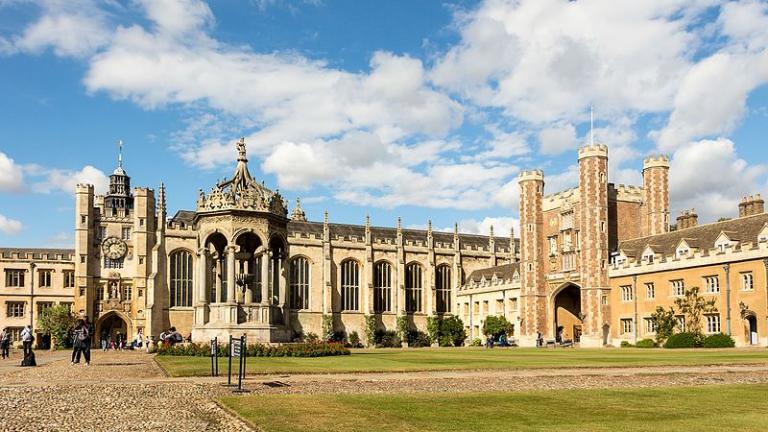
Wikimedia Commons public domain image
Taken together, these two passages from the prominent English mathematician G. H. Hardy’s A Mathematician’s Apology (1940) seem to me significant and worthy of reflection:
The mathematician’s patterns, like the painter’s or the poet’s, must be beautiful; the ideas, like the colours or the words, must fit together in a harmonious way. Beauty is the first test; there is no permanent place in the world for ugly mathematics. (25)
I believe that mathematical reality lies outside us, that our function is to discover or observe it, and that the theorems which we prove, and which we describe grandiloquently as our ‘creations’ are simply our notes of our observations. (63-64)
Incidentally, in the 2015 British film The Man Who Knew Infinity, G. H. Hardy was played by Jeremy Irons.
***
Some further notes extracted from Consciousness Beyond Life: The Science of the Near-Death Experience (New York: HarperCollins, 2010), by the Dutch cardiologist and researcher Pim van Lommel:
On the basis of quantum-mechanical theories, Penrose put forward a hypothesis about the mind-brain relationship that posits that our consciousness cannot be localized in the brain because for purely theoretical reasons the brain is unable to produce human consciousness. According to him, the brain can facilitate but not cause the experience of subjective reality. The well-known neuroscientists and Nobel Prize winners Charles S. Sherrington and John C. Eccles and the neurosurgeon Wilder Penfield were also of the opinion that the brain is more like a complicated organism that registers and transmits consciousness than one that produces it. (203-204)
And, referring to the neuroscientist Mario Beauregard:
He too is convinced that the brain merely facilitates the experience of consciousness. (204)
Van Lommel assserts that this is also the position of Alva Noë, a philosopher of mind based at the University of California at Berkeley. (204)
Speaking in his own voice, van Lommel writes that
It appears increasingly unlikely that consciousness is simply a product of the brain, not just because measured activities in the brain tell us nothing about the content of thoughts and feelings, but also because the mind is capable of changing the anatomy and function of the brain (neuroplasticity, placebo effect) and because there is evidence that consciousness can be experienced independently of brain function (an NDE). (204)
It’s all reminiscent of an enigmatic comment from the British classical scholar and philosopher Thomas Hewitt Key (d. 1875):
What is Matter? — Never mind.
What is Mind? — No Matter.
(A Short Cut to Metaphysics [1855], 19)











